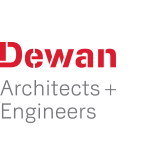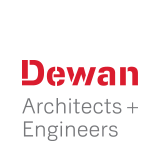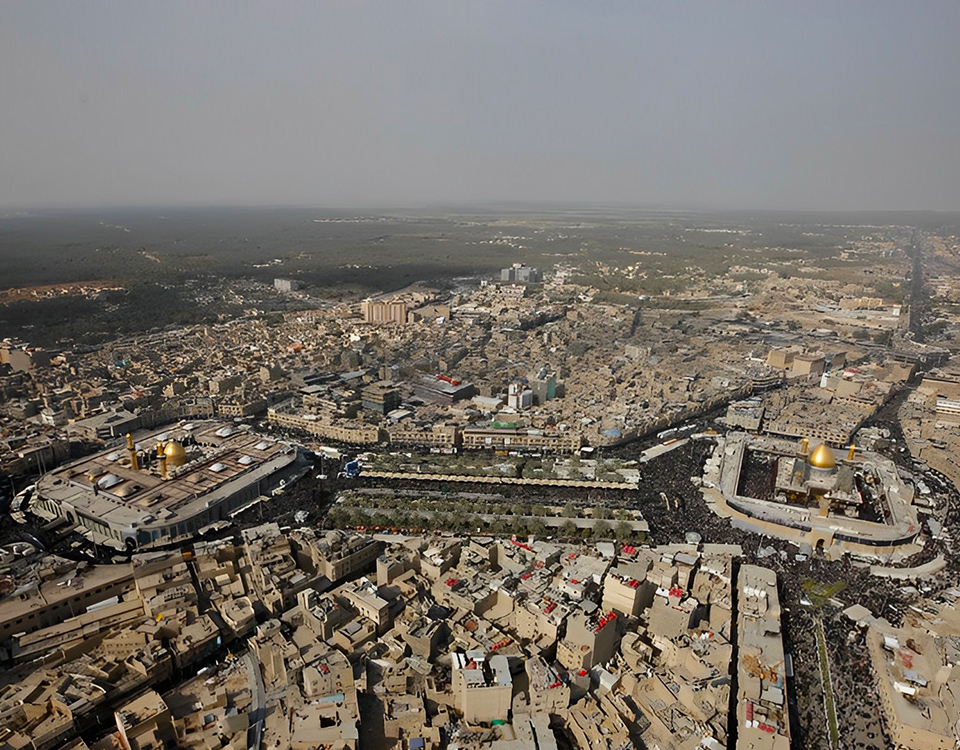Envisioned by architects from Iraq, Palestine, Lebanon, Jordan, and Syria, Al-Liqa is an initiative that encourages open, transparent dialogue to address and develop current and heritage challenges in the urban scene of this region.
Beirut – Dr. Mohamed Al Assam, Founder and Executive Chairman of Dewan Architects + Engineers, and other renowned architects and thinkers from the Arab world launched this initiative in Beirut to create a contemporary debate on the urban and architectural landscape. The Urban Encounter initiative aims to facilitate a series of dialogues about the structural composition of today's society, urbanism, and diversity.
At a conference presented by Judge Marwan Abboud, Governor of Beirut, he praised the role of architects as the pillars of civilization, deeply rooted in history, much like language, clothing, and a sense of place, which should be preserved. He emphasized the importance of appreciating future thoughts and designs. He hosted the presentation on behalf of the founding body of the Urban Encounter, inviting architect Moath Al-Alusi, Dr. Mohamed Al Assam, Dr. Habib Sadeq, and deans from various architectural faculties. Abboud discussed the visions and goals of the project.
The conference explored ways to fill gaps in research, knowledge, and intellectual publications. The speakers were keen on encouraging research into the cultural gap that exists between the growth of cities and the needs of society, aiming for intellectually consistent development that would support contemporary urban development within the region. They concluded that it is necessary to establish a non-profit association registered in Lebanon, with regional exposure, to encourage and adopt professional workshops related to urbanization and establish a network of academic and professional relations with reputable universities and architectural organizations worldwide. The organization would assist in securing grants to support research and future realistic projects. They also highlighted the necessity of issuing regular bulletins that include relevant news, analysis, interviews, panel discussions, and research.
The conference also investigated the importance of the modern identity of living architectural heritage by supporting pioneering ideas in urban planning and creating visions and solutions for the social and regional built environment reality. Architect Moath Al-Alusi stated, "Architects from the Eastern Arab Region have gathered here because we share the belief that, as a group, we can overcome the existing setback intellectually and culturally. We can help improve the situation, prevent further deterioration, and perhaps build a conscious, civilized generation that values human qualities and rejects regressive and inhumane values."
He pointed out that "the meeting is an opportunity for us to share our ideas, visions, and social status, which connect us to one another," and concluded by saying, "We have raised our flag and we will not go back. Therefore, we have agreed to establish this gathering from the Eastern Arab region, open to all, and we seek your support."
Dr. Mohamed Al Assam spoke about the most important objectives of this gathering, including:
Formulating a modern identity that aligns with the living architectural heritage by supporting pioneering ideas and visions in the field of architecture and urban planning, along with applied research that contributes to creating appropriate visions and solutions for the social and geographical reality.
Encouraging research to bridge the cultural gap between the rapid growth of cities and the intellectually consistent development of societies through the sharing of knowledge and intellectual publications.
Supporting contemporary urban development initiatives in the region to achieve a local urban environment that aligns with the identity and specific characteristics of the development sites and individual users.
Assisting in the development of architectural education and the transfer of knowledge, while respecting previous foundational training.
Encouraging intellectual pluralism in the urban field and disseminating urban knowledge, particularly through intellectual and professional publications, while respecting their authors.
Dr Sadiq stressed, "The production of urban awareness has to be generated through its social dimension, by understanding the relationship between architecture and societal reality through methodologies for reading the urban political, economic, social, and cultural realities.”
Abboud said of the meeting, "The reason for which the Urban Encounter was established is because we are similar in our belief that as a group, we can emerge from the existing setback, intellectually and culturally. We may help improve the situation and stop the deterioration. We may build a conscious, civilised generation that interacts with human values. That rejects inhuman and backward values. The meeting is for us to share with each other the ideas, vision and social status that are linked us to each other.”


